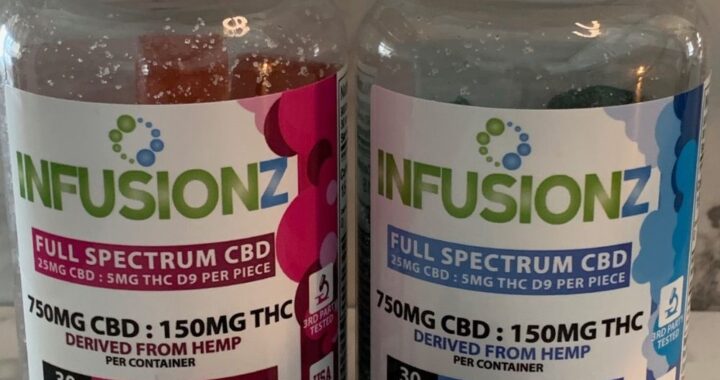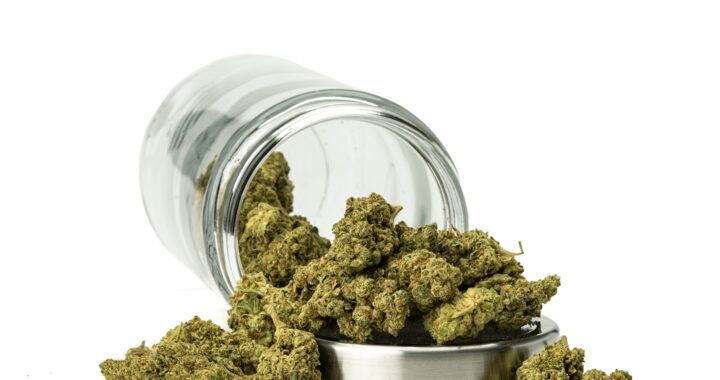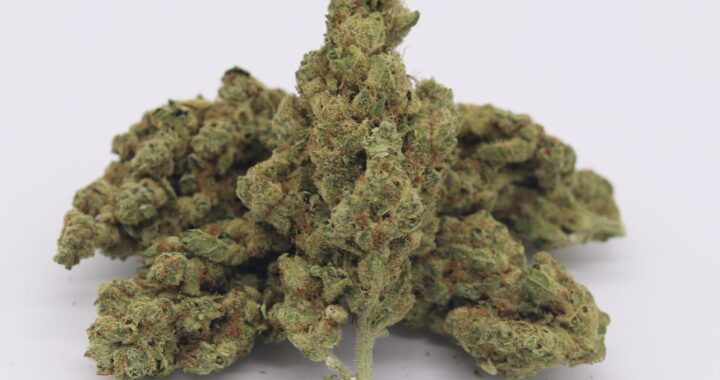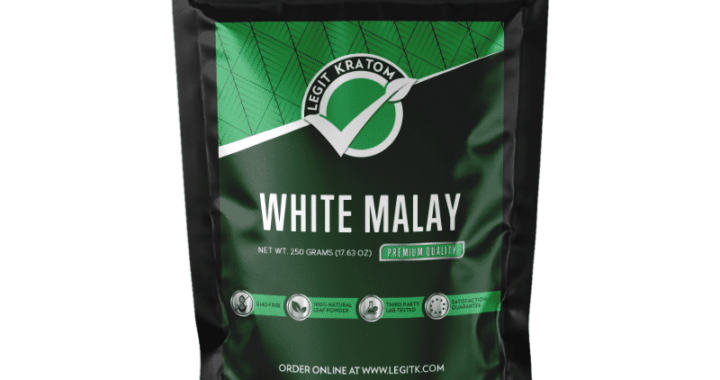Unveiling The Enigma: THCA vs. THC – Understanding the Difference

Exhalewell thca flowers, popularly known among cannabis enthusiasts, have garnered significant attention in recent years. As the cannabis industry continues to evolve, so does our understanding of its components. One such component that has piqued the interest of researchers and consumers alike is THCA. But what exactly is THCA, and how does it differ from THC? Let’s delve into the intricacies of these cannabinoids to shed light on their distinctions.
Understanding THCA
THCA, or tetrahydrocannabinolic acid, is a precursor to THC (tetrahydrocannabinol), the primary psychoactive compound found in cannabis. In its raw, unheated form, cannabis contains THCA rather than THC. This acidic cannabinoid is abundant in freshly harvested cannabis plants, presenting itself as THCA-rich flowers.
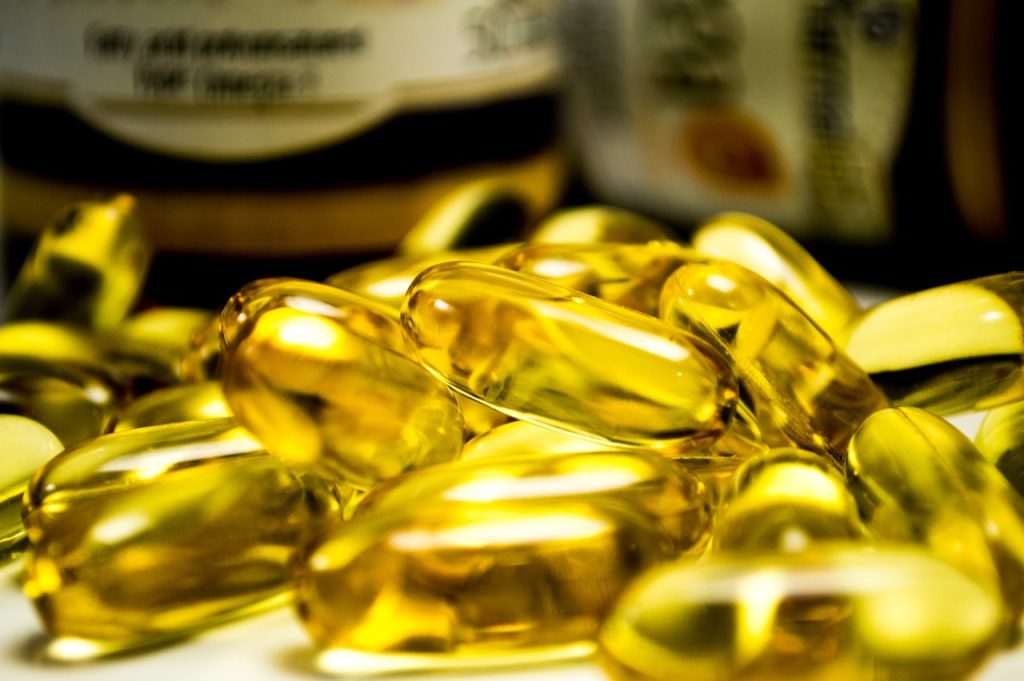
The Decarboxylation Process
THCA undergoes a transformation known as decarboxylation when exposed to heat. This process occurs through methods such as smoking, vaping, or cooking, where heat removes a carboxyl group from THCA, converting it into THC. Thus, when cannabis flowers are heated, whether through smoking or baking, THCA is converted into THC, unlocking its psychoactive properties.
Distinguishing Characteristics
While both THCA and THC originate from the same precursor, they exhibit distinct characteristics and effects. THCA is non-intoxicating, meaning it does not produce the euphoric “high” associated with THC. Instead, THCA is praised for its potential therapeutic benefits, including anti-inflammatory, neuroprotective, and antiemetic properties.
THCA’s therapeutic potential has sparked interest in medical cannabis research, with studies exploring its efficacy in managing various health conditions. Additionally, THCA is believed to possess analgesic properties, making it a promising candidate for pain management without the psychoactive effects of THC.
Exploring Potential Benefits
Research suggests that THCA may offer a range of potential health benefits, including alleviating symptoms associated with conditions such as arthritis, multiple sclerosis, and epilepsy. Furthermore, THCA’s anti-inflammatory properties hold promise for individuals suffering from chronic inflammatory disorders.
Moreover, THCA’s interaction with the endocannabinoid system (ECS) plays a crucial role in modulating physiological functions, contributing to its therapeutic effects. As our understanding of cannabinoids deepens, THCA is emerging as a focal point for further investigation into its therapeutic potential and mechanisms of action.

Closing Thoughts
In conclusion, THCA stands as a fascinating cannabinoid with distinct properties and potential therapeutic benefits. While it differs from THC in its non-intoxicating nature, THCA offers a promising avenue for medical cannabis research and holistic wellness. As the cannabis landscape continues to evolve, understanding the nuances between THCA and THC is essential for maximizing the plant’s therapeutic potential and enhancing overall well-being.


